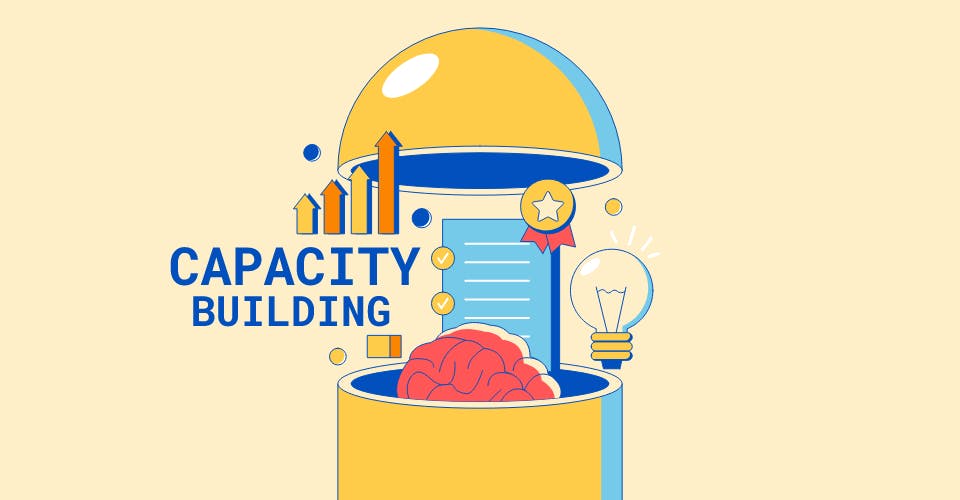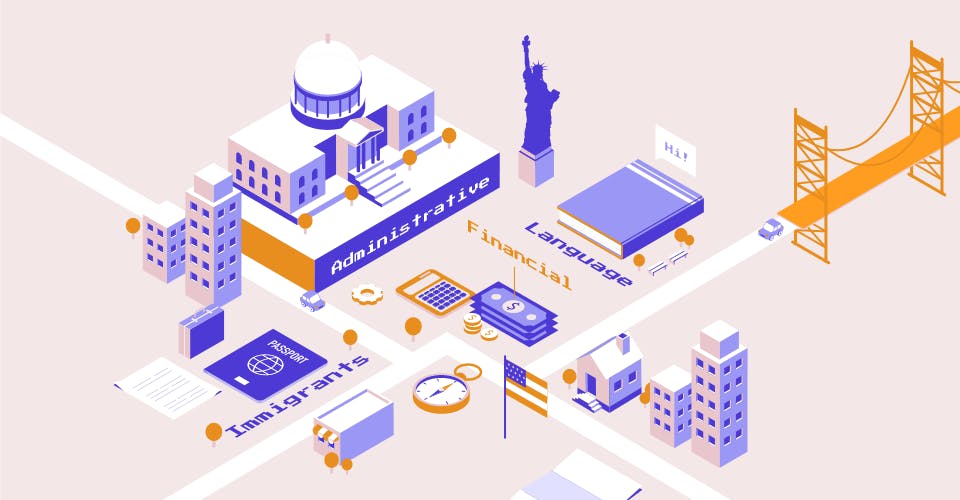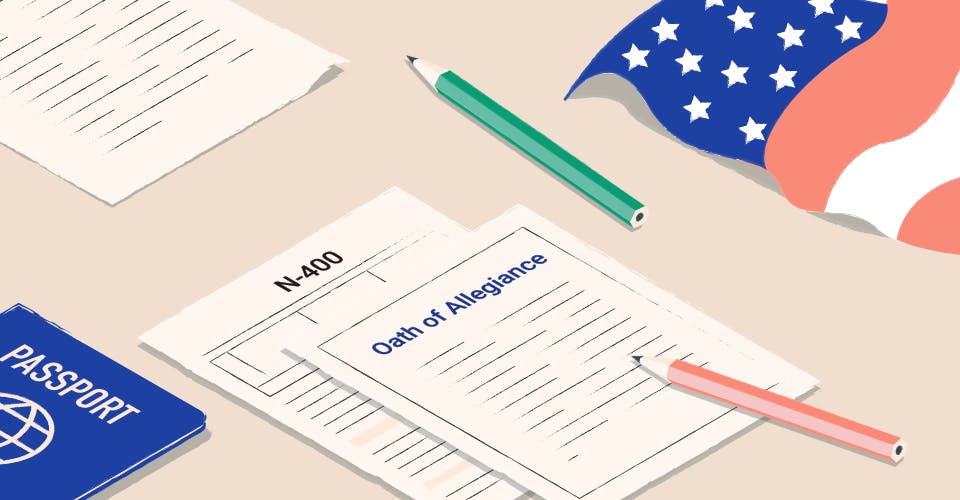In a recent report, the USCIS has laid out an entirely new and innovative approach for how the agency wants to improve information, accessibility, and resources surrounding naturalization and the path to U.S. citizenship. Citizenship is an incredibly important part of ones immigration journey, not just in the U.S., but for immigrants around the world who seek to integrate into another culture and have equal rights as those around them. Becoming a citizen is also important for ones identity—it shows a transformation from arriving in a country and feeling like an outsider, to a final commencement ceremony where one feels initiated into the fabric of society they have been living in for years or decades.
Because of the importance surrounding naturalization and moreover citizenship, having the right resources and information accessible to immigrants in the U.S. is a priority of the USCIS. It is not enough to simply have listed the N-400 application on the USCIS. Instead, there needs to be a joint effort from multiple stakeholders and organizations that seek to influence the availability of citizenship resources. This is one of the main points of the new report laid out by the NWG—Naturalization Working Group.
One of the methods discussed by the NWG in laying out their new strategic plan revolves around building capacity. This blog will be dedicated to understanding some of the strategy surrounding capacity building amongst key organizations and influencing bodies in the U.S.
How Does Capacity Building Work?
In general, capacity building refers to the ability of an organization (or partnering or organizations) to come together and fulfill a certain mission.[1] In order to do so, organizations need to think about how they are going to strengthen their own programs to assess and achieve goals.
For naturalization, the biggest issue is not enough information or resources at the disposal of immigrant families. When families go out in America, they are more likely to see targeted advertisements for fast food and clothing than they are for how to become a U.S. citizen. The USCIS/DHS wants to change this and partner with different government bodies to expose naturalization to immigrants in their daily lives.
For example, the USCIS in their report is considering a partnership with the USPS—postal service. The idea with this partnership would be to display promotional posters at USPS facilities around the country, but also serve as locations where individuals can find information and resources about the naturalization process.[2]
In addition, the USCIS is considering reviving the Library of America (LOA) initiative with U.S. cities. LOA is a nonprofit organization, champions our nation’s cultural heritage by publishing America’s greatest writing in authoritative new editions and providing resources for readers to explore this rich, living legacy.[3]
Other Means of Targeting
The above ways of reaching greater numbers of immigrants is a centralized method whereby each organization has to want to change their own perceptions, politics, and actions taken to make information surrounding naturalization more freely accessible.
However, there is also the more decentralized method of exploring apps on smartphones. This method requires the development of an App (or multiple) that provides quizzes and other informational guides on U.S. citizenship, but is not through any one government agency.
Overall, this method has not really gone mainstream yet, but could be a way to reach far greater audiences given the ubiquity of smartphones.














